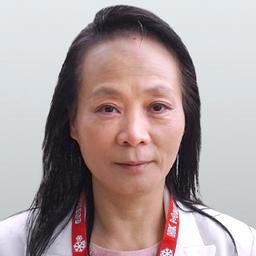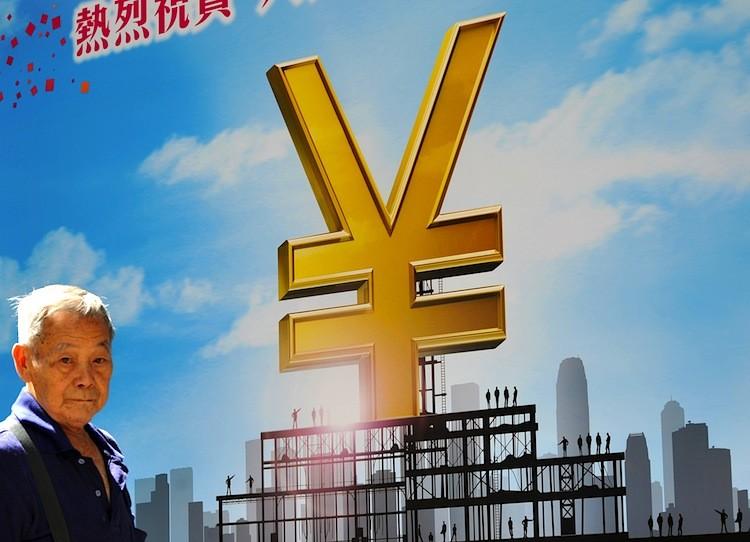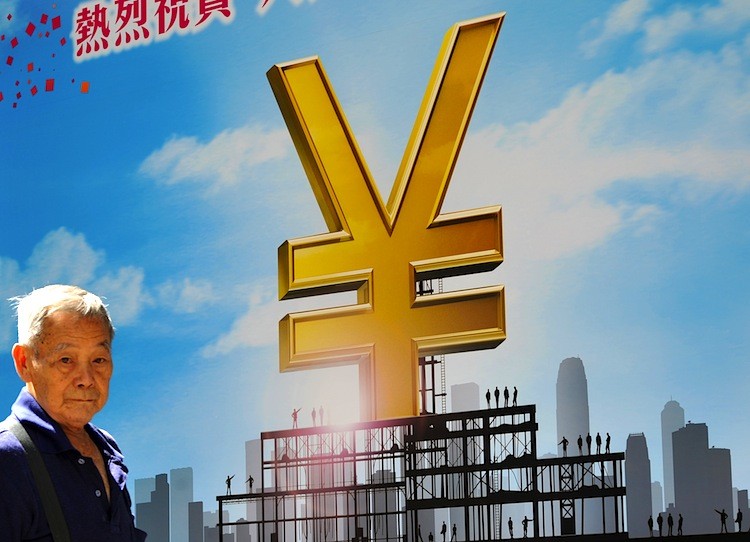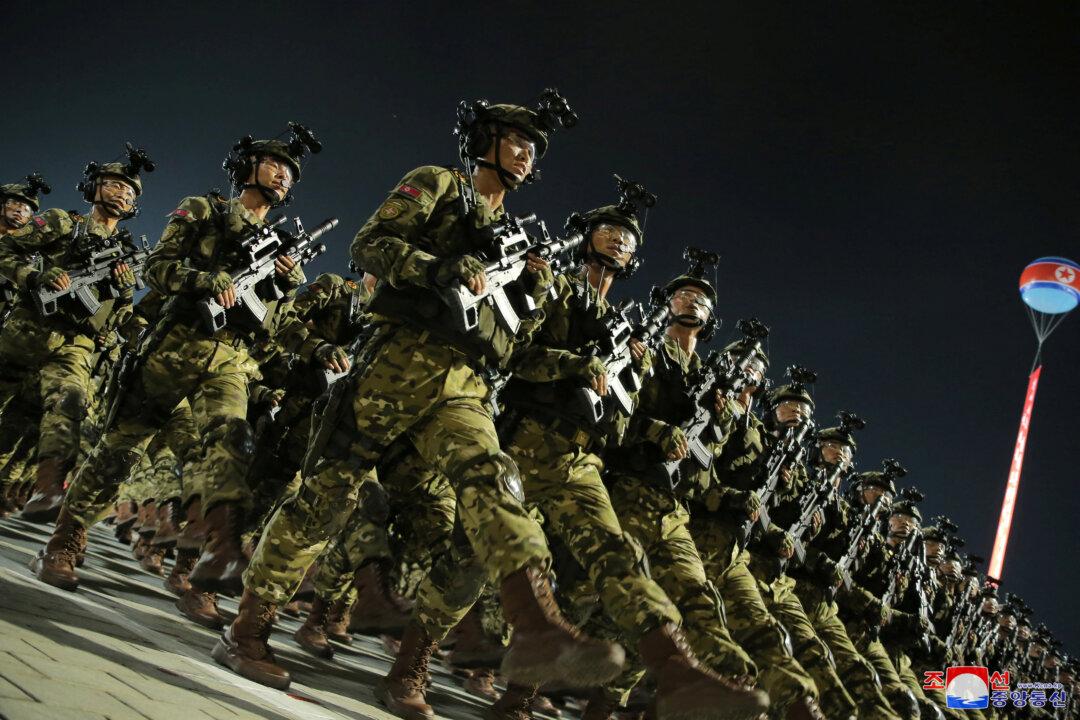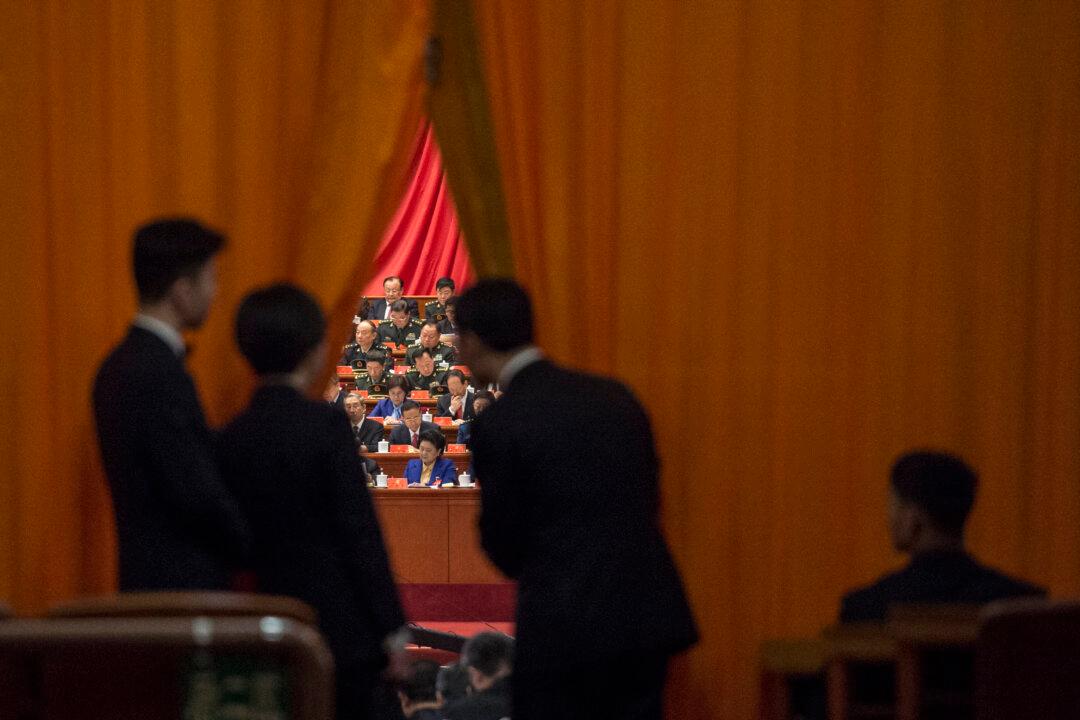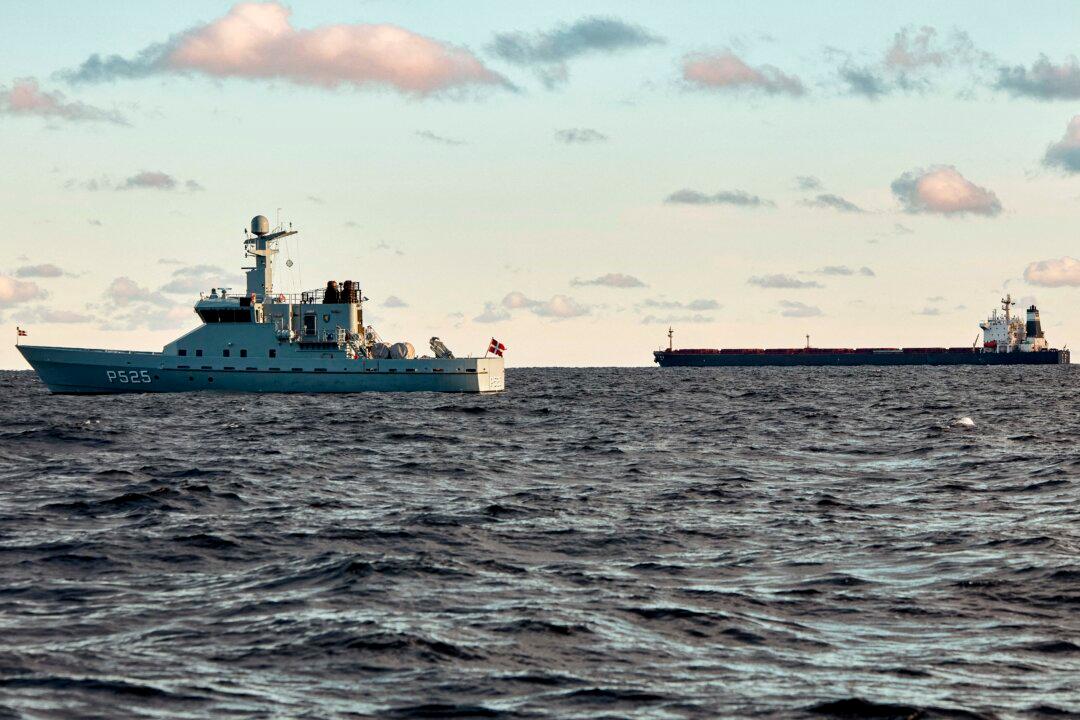Vicious Economic Cycle Leads to China’s Record High Foreign Reserves
China’s foreign exchange reserves reached a record US$3.2 trillion at the end of September, and many Chinese are now asking why this huge hoard of cash can’t be used to help the people in China.
|Updated:
